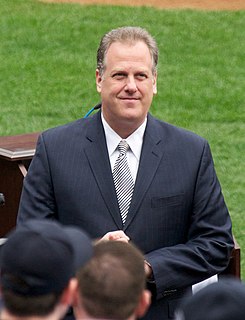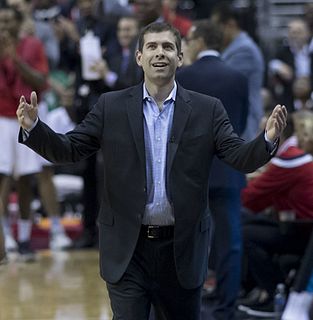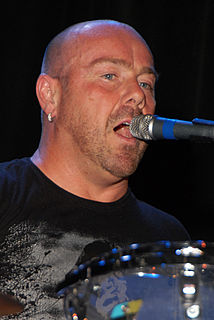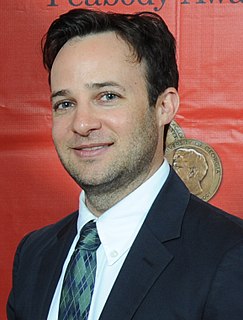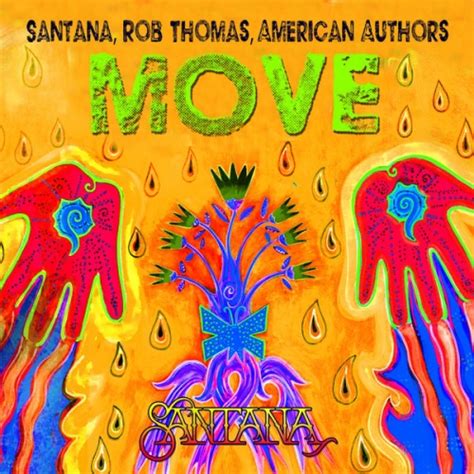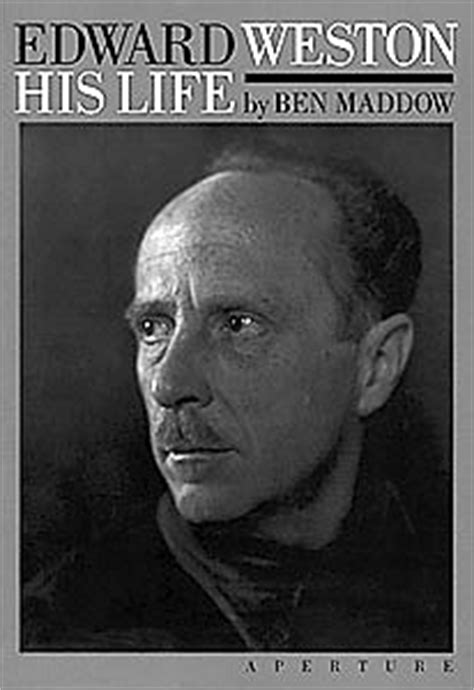A Quote by Jessica Savitch
In every interview I have ever read or seen or taken part in, the final question in our future-oriented society is always, What next?
Related Quotes
Curiosity and listening [are the principles to an excellent interview]. I never go into an interview with a dedicated list of questions in which I will not deviate. You must be curious about the subject and listen to his answer and ask the next question off that rather than the next question on your list.
You are part of my existence, part of myself. You have been in every line I have ever read, since I first came here, the rough common boy whose poor heart you wounded even then. You have been in every prospect I have ever seen since-on the river, on the sails of the ships, on the marshes, in the clouds, in the light, in the darkness, in the wind, in the woods, in the sea, in the streets. You have been the embodiment of every graceful fancy that my mind has ever become acquainted with.
We're like Magic 8-Balls. After you ask your question and shake the 8-Ball, you read the answer in the little window. If you ever broke open a Magic 8-Ball with a hammer, you discovered that it contained a many-sided plastic object, with an answer on every facet, floating in a cylinder of murky blue fluid. The many-sided core held the answer to your question. My theory is that, as with our children, as with every surface of that geodesic dome inside the 8-Ball, every age we've ever been is who we are.
What happens to the mind of a person, and the moral fabric of a nation, that accepts the aborting of the life of a baby without a pang of conscience? What kind of a person and what kind of a society will we have twenty years hence if life can be taken so casually? It is that question, the question of our attitude, our value system, and our mind-set with regard to the nature and worth of life itself that is the central question confronting mankind. Failure to answer that question affirmatively may leave us with a hell right here on earth.
I think morality is more important than ever before. As we gain more power, the question of what we do with it becomes more and more crucial, and we are very close to really having divine powers of creation and destruction. The future of the entire ecological system and the future of the whole of life is really now in our hands. And what to do with it is an ethical question and also a scientific question.
If we are ever to enjoy life, now is the time-not tomorrow, nor next year, nor in some future life after we have died. The best preparation for a better life next year is a full, complete, harmonious, joyous life this year. Our beliefs in a rich future life are of little importance unless we coin them into a rich present life. Today should always be our most wonderful day.
I feel certain that the largest part of all photographs ever taken or being taken or ever to be taken, is and will continue to be, portraits. This is not only true, it is also necessary. We are not solitary mammals, like the elephant, the whale and the ape. What is most profoundly felt between us, even if hidden, will reappear in our portraits of one another.
Once efficiency is universally accepted as a rule, it becomes an inner compulsion and weighs like a sense of sin, simply because no one can ever be efficient enough, just as no one can ever be virtuous enough. And this new sense of sin only contributes further to the enervation of leisure, for the rich as well as the poor. The difficulty of carrying on a leisure-oriented tradition of culture in a work-oriented society is enough in itself to keep the present crisis in our culture unresolved.

